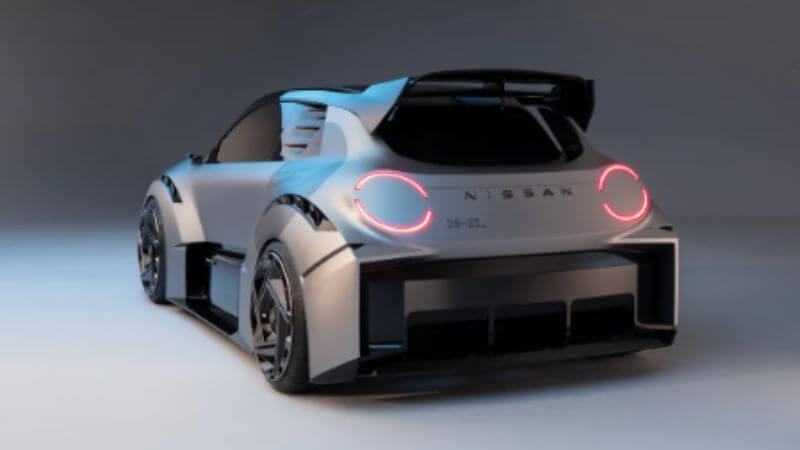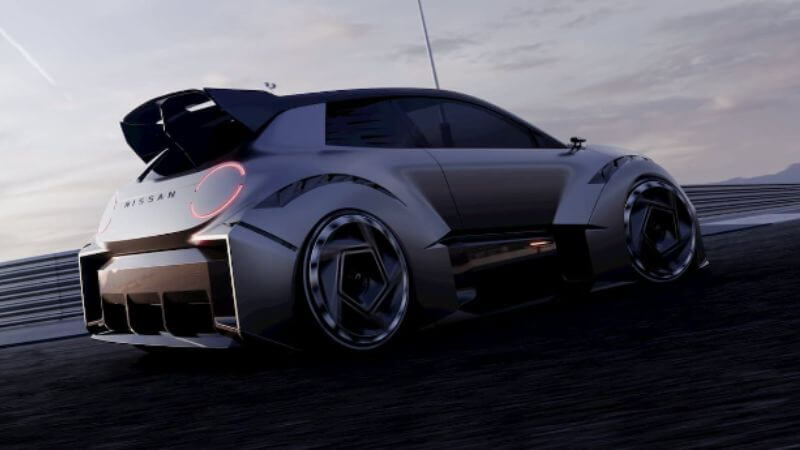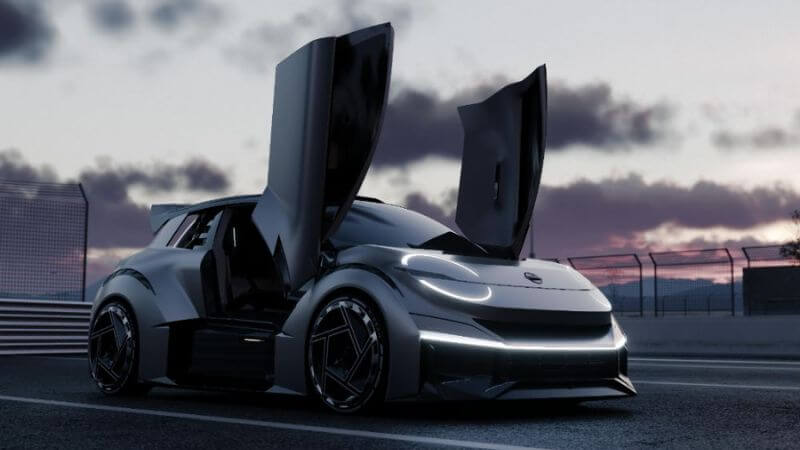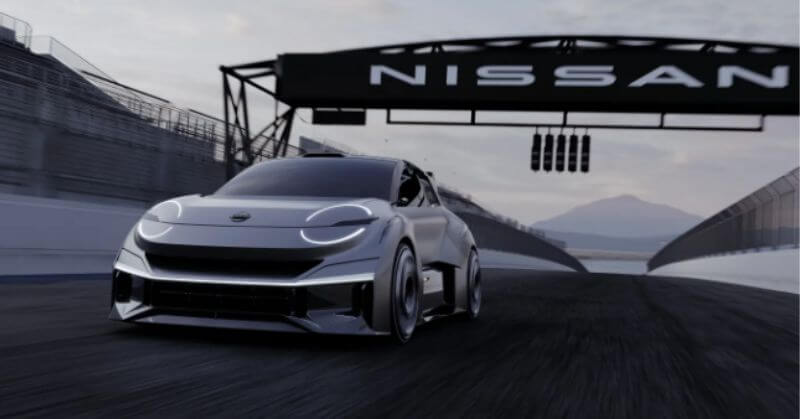Nissan is introducing a new sporty urban EV prototype to customers. This introduction is part of its ambitions to achieve 100% electricity in Europe by 2030. The firm said on Monday that it will gradually phase out ICE vehicles and will only offer all-electric models by 2030. Continue reading to know more.
Nissan: An Early Leader In The EV Industry

EVs provide the most transportation possibilities. Nissan President and CEO Makoto Uchida said, “There is no turning back now that over a million customers have joined our adventure and enjoyed a Nissan electric vehicle.” The Company sold one million electric vehicles globally in July, more than a decade after unveiling its first EV, the Nissan LEAF.
Despite the fact that Nissan introduced the LEAF hatchback in 2010, it was an early leader in the EV industry and has subsequently trailed as more advanced electric vehicles, such as the Tesla Model 3, have hit the market. The Ariya electric SUV, the Japanese automaker’s second global EV release, began delivering in late 2016.
Nissan Concept 20-23 EV

Nissan unveiled the “Concept 20-23” EV, a sleek, sporty urban vehicle, to further its plans for an all-electric future. Nissan’s sporty urban electric car, now in its 20th year, was designed as a pleasurable everyday city EV.
The electric hatchback has an aggressive front lip spoiler, a top air scoop, a massive rear wing, wheel arch covers, massive air vents, side skirts, and other performance design components. It also includes avant-garde design characteristics like as butterfly doors and spherical LED headlamps at the front and back.
A performance-focused Ariya EV was spotted last week, suggesting that the performance brand may become more active in the electric age.
Nissan’s Technical Centre Europe (R&D facility), where the UK’s most recent real-world autonomous driving project originated, is currently being conducted and is also being remembered, and this year marks its 35th anniversary. The manufacturer is investing more than €40 million ($42.4 million) in both plants to support its transition.
What Does The Future Hold?

Nissan’s Ambition 2030 project calls for the introduction of 19 all-electric vehicles by the year 2030. The company aspires to reduce battery costs by 65% by 2028 by implementing cobalt-free technology.
At that time, Nissan also plans to introduce solid-state batteries. The company stated that the new batteries will enable it “to expand its EV offerings across segments and offer more dynamic performance.”
Nissan said that the cost of the battery packs will fall to $75 per kWh. Further states that solid-state batteries will shorten charging times by a third.
Two new EVs, including a replacement for the Nissan Micra, which is a new, compact entry-level EV, have been confirmed for Europe.
The second electric vehicle will be made in Nissan’s Sunderland plant. The automaker describes it as “a blueprint for the future of automotive.” Last month, Nissan gave US dealers a sneak preview of three new all-electric vehicles, including a LEAF replacement and a sports sedan that might replace the Maxima.
Follow Us: Facebook | Instagram | Twitter |
Youtube | Pinterest | Google News |
Entertales is on YouTube; click here to subscribe for the latest videos and updates.














